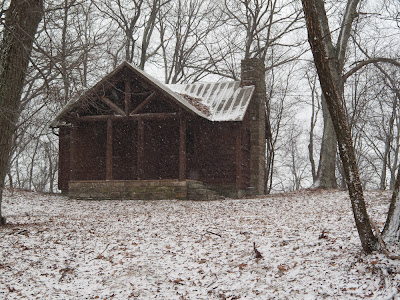 The ratio of miles-driven to miles-walked, something I hear other hikers mention, made me curious to know how much carbon emission the hike generated. Indeed other mid-week hikers opted for a closer-in hike with a more balanced ratio. Googling has its own footprint, I note while finding this information is not so easy to come by.
The ratio of miles-driven to miles-walked, something I hear other hikers mention, made me curious to know how much carbon emission the hike generated. Indeed other mid-week hikers opted for a closer-in hike with a more balanced ratio. Googling has its own footprint, I note while finding this information is not so easy to come by.After some looking I find: "In Europe, the two standard measuring cycles for "litre/100 km" value are "urban" traffic with speeds up to 50 km/h from a cold start, and then "extra urban" travel at various speeds up to 120 km/h which follows the urban test. A combined figure is also quoted showing the total fuel consumed in divided by the total distance traveled in both tests. A reasonably modern European supermini and many mid-size cars, including station wagons, may manage motorway travel at 5 L/100 km (47 mpg US/56 mpg imp) or 6.5 L/100 km in city traffic (36 mpg US/43 mpg imp), with carbon dioxide emissions of around 140 g/km.," supplied at Wiki.
To run the risk of bizarre understatement, many factors complicate the calculation to determine atmospheric carbon dioxide emitted on any particular car trip. However, using above figures with respect to a Toyota Land Cruiser, assuming 15.66 mpg (1/3 of 47 mpg) and thus 3 times the emission rate, emission might be something on the order of 420 gms / km, or .93 pounds / 62 miles. I come up with about 3 pounds of carbon emissions and 13.6 gallons of gas consumed.
I don't know the average fuel economy of our "fleet" of five or so cars carrying around 15 hikers, or the total miles individuals drove to carpooling spots...etc. (But at a rate of $12. per each of 3 occupants, it turns out the driver of this car is not adequately compensated for gas. Again, complements to the driver, with renewed appreciation.) This all presents another picture, somewhat unclear, to ponder. It comes from, somewhat nerdily, seeking balance, and questioning impacts and implications of achieving a certain state, in good company. Searching for snow.










No comments:
Post a Comment